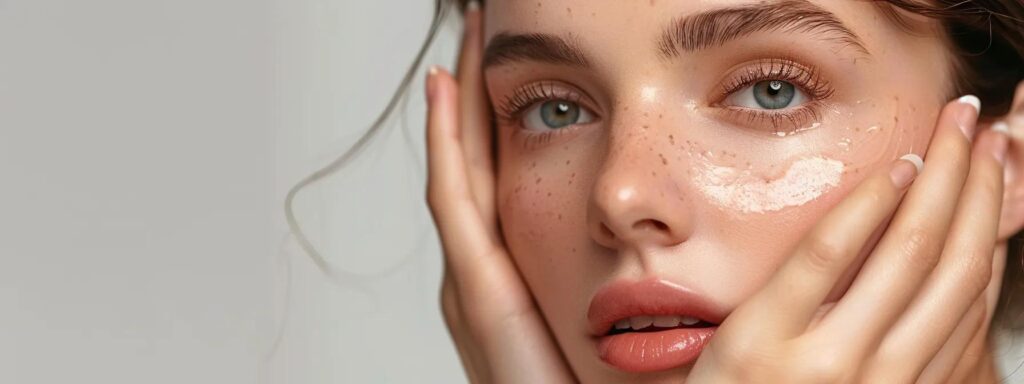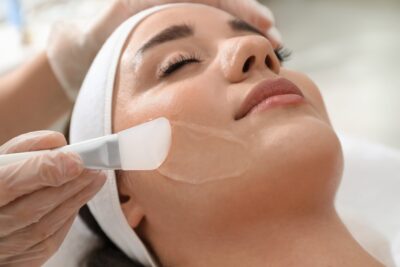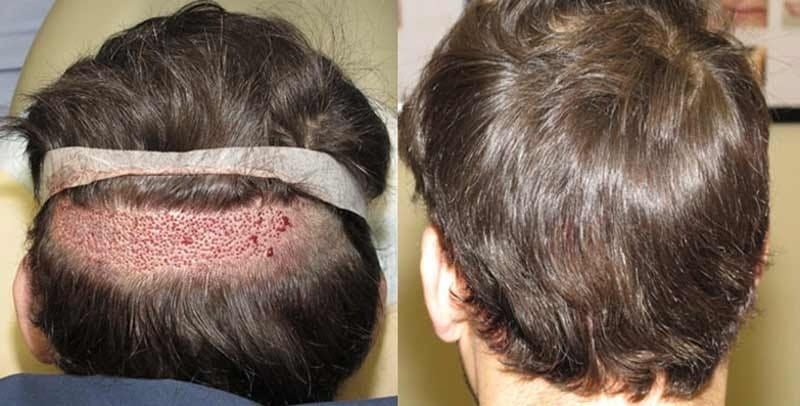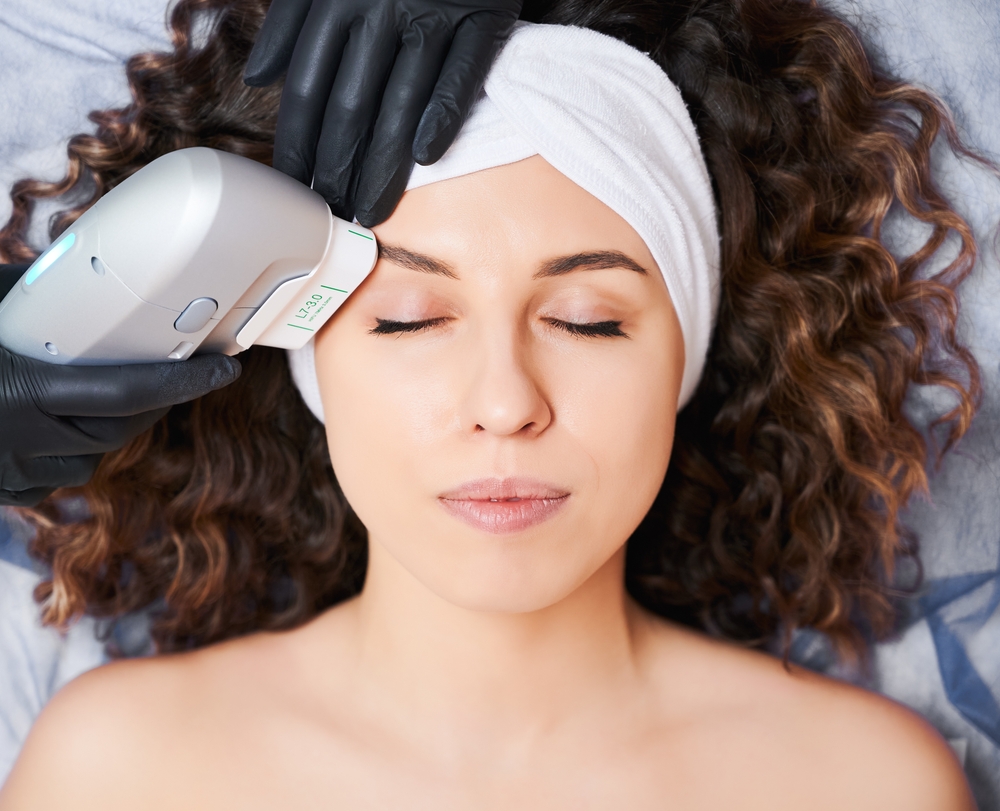Acne is one of the most common skin concerns that people of all ages face. While breakouts can appear anywhere, many people specifically struggle with acne on their cheeks and forehead. This can be frustrating because these areas are highly visible, making it hard to cover up or ignore.
If you’ve ever wondered why pimples appear on your cheeks and forehead, you’re not alone. The causes are not always the same for everyone—sometimes it’s hormones, other times lifestyle habits, or even skin care mistakes. In this article, we’ll explore in detail what causes acne on cheeks and forehead, what it might say about your health, and how you can reduce or prevent it.
Understanding Acne in Simple Words
Acne happens when the tiny hair follicles in your skin get clogged with oil (sebum), dead skin cells, and sometimes bacteria. Once the pores are blocked, they can swell up and form whiteheads, blackheads, or painful red pimples.
Your cheeks and forehead are part of the T-zone, which is often oilier than other parts of the face. This makes them more prone to clogged pores and breakouts.
What Causes Acne on Cheeks?
1. Dirty Pillowcases and Phones
One surprising cause of cheek acne is contact with unclean surfaces. When you sleep, your face touches the pillowcase, which may collect sweat, oil, and bacteria. Similarly, when you talk on the phone, the screen presses against your cheek, transferring dirt and germs.
2. Makeup and Skin Care Products
Using heavy or pore-clogging makeup can block your skin from breathing properly. Even skin care products that aren’t suitable for your skin type may cause irritation or acne.
3. Hormonal Changes
Hormones, especially androgens, can increase oil production, leading to breakouts on the cheeks. This is common during puberty, menstrual cycles, pregnancy, or even stress.
4. Poor Diet and Lifestyle Habits
Eating too much sugary food, processed snacks, or dairy products has been linked to acne in some people. Combined with lack of sleep and dehydration, it can worsen cheek breakouts.
5. Environmental Factors
Pollution and exposure to dust can irritate your skin. If you live in a busy city or spend time outdoors, dirt may settle on your cheeks, clogging pores.
What Causes Acne on Forehead?
The forehead is another hotspot for breakouts, especially among teenagers and young adults.
1. Oily Scalp and Hair Products
Hair products like gels, sprays, or oils can drip onto your forehead, blocking pores. If your scalp is oily or unwashed, it can also contribute to forehead pimples.
2. Stress and Hormones
Stress triggers the body to produce more cortisol, which can cause your skin to make excess oil. Hormonal imbalances during puberty or monthly cycles also play a big role in forehead acne.
3. Poor Hygiene Habits
Touching your forehead often, wearing dirty hats or headbands, or not washing your face regularly may trap sweat and oil, leading to breakouts.
4. Digestive Issues
Sometimes forehead acne is linked to poor digestion or liver health. While not always the case, unhealthy eating habits and dehydration can show up as breakouts on your forehead.
5. Excessive Sweating
Sweat itself doesn’t cause acne, but if it stays on your skin for long (like after exercise), it can mix with oil and clog pores.
A Quick Comparison: Cheek vs. Forehead Acne
| Cause | Cheek Acne | Forehead Acne |
|---|---|---|
| Contact with surfaces | Phones, pillowcases, dirty hands | Hats, headbands, hair products |
| Hormonal changes | Yes, often related to cycles or puberty | Yes, especially during stress/puberty |
| Diet and digestion | Sugary foods, dairy | Poor digestion, oily foods |
| Hygiene and lifestyle | Makeup, pollution, unclean pillowcases | Touching forehead, not washing sweat |
| Hair and scalp connection | Rare | Very common (hair oils/products) |
How to Prevent and Treat Acne on Cheeks and Forehead
Treating acne requires patience, but with the right steps, you can control and reduce breakouts.
1. Keep Your Face Clean
Wash your face twice a day with a gentle cleanser. Avoid harsh scrubs that can irritate your skin and make acne worse.
2. Change Pillowcases and Clean Phones
Wash your pillowcases at least twice a week and regularly wipe down your phone screen with a disinfectant.
3. Choose Non-Comedogenic Products
Always pick makeup and skin care labeled “non-comedogenic,” meaning they won’t clog pores.
4. Manage Stress and Sleep Well
Stress directly impacts acne. Practice relaxation techniques like yoga, meditation, or simple breathing exercises. Getting enough sleep also allows your skin to heal.
5. Eat a Balanced Diet
Cut down on excess sugar, oily junk food, and dairy if you notice breakouts after eating them. Drink plenty of water to stay hydrated.
6. Wash Hair and Avoid Heavy Hair Products
If your hair is oily, wash it regularly. Avoid letting hair products drip onto your forehead.
7. Don’t Pop Pimples
As tempting as it may be, popping pimples spreads bacteria and can leave scars. Use spot treatments with benzoyl peroxide or salicylic acid instead.
When Should You See a Dermatologist?
If your acne is severe, painful, or leaving scars, it’s time to see a dermatologist. Prescription medications like retinoids, antibiotics, or hormonal treatments may be necessary for long-term relief.
Final Thoughts
Acne on the cheeks and forehead can feel stubborn and embarrassing, but understanding the causes is the first step to treating it. From dirty pillowcases to hormonal shifts, the reasons can vary for everyone. By making small changes in skin care, diet, and lifestyle, most people can see improvement. And if the problem persists, professional help is always available.
FAQs About Acne on Cheeks and Forehead
1. Can toothpaste help treat forehead and cheek acne?
No, toothpaste can irritate your skin and cause more redness. It’s better to use proper acne treatments like salicylic acid.
2. Does drinking water clear acne on cheeks and forehead?
Water helps keep your skin hydrated and supports your body’s natural healing, but it won’t cure acne alone. It works best with a good skin care routine.
3. Why do I only get acne on my cheeks but not other areas?
It could be due to external factors like phone use, pillowcases, or pollution that specifically affect your cheeks.
4. Can stress cause both cheek and forehead acne?
Yes, stress increases hormone levels that make your skin produce more oil, leading to breakouts in both areas.
5. Is forehead acne more common in teenagers?
Yes, because hormonal changes during puberty cause extra oil production, which often leads to pimples on the forehead.
Social Sharing
Your Content Goes Here
Latest Posts





